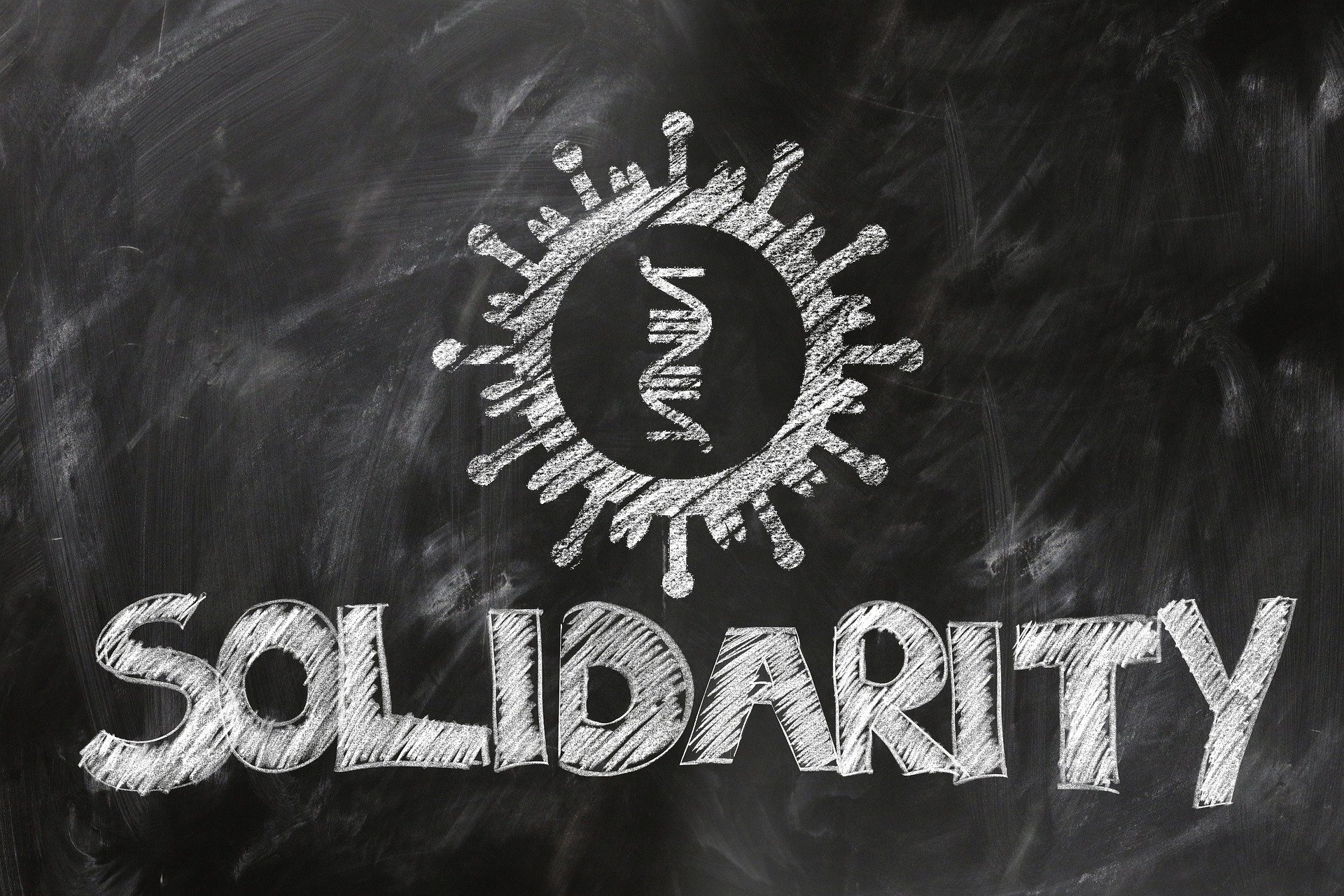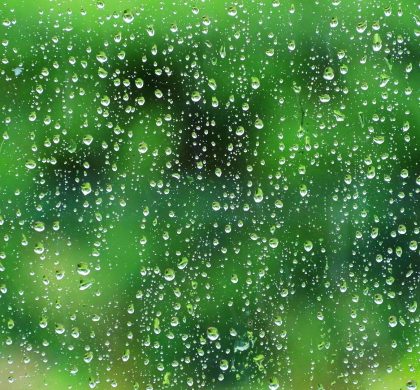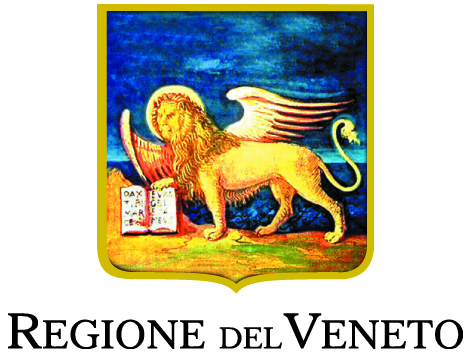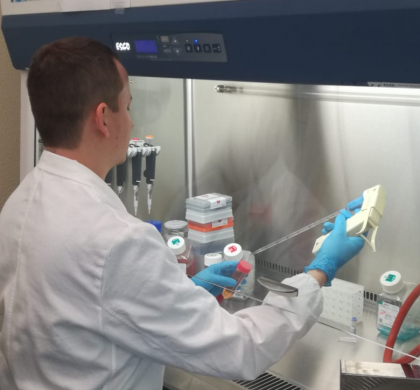 Doing research Covid -19 outbreak / INVITE Blog
Doing research Covid -19 outbreak / INVITE Blog
Mohammad Rafiqul Islam is an INVITE fellow enrolled in the PhD Programme in Economics and Management. He’s working on sustainable development. In this moment he is stuck at home in Verona. The COVID-19 urged him to revise his plans, but also gave him the opportunity to reflect on how to build an inclusive society.
Presently, I am in Verona where is my home organization, the University of Verona, and is one of the worst affected regions by Novel Coronavirus in Italy.
Since the beginning of January 2020, I have been doing my second term course at Padova University. But on February 24, 2020, my courses have been postponed due to the COVID-19 outbreak. I had to give my final exam for one of the courses online on March 16 and I do not know when the remaining lessons will resume.
As an INVITE researcher, my experience of this pandemic is mixed, both negative and positive.
I had planned to attend the International Water Resources Association XVII World Water Congress 2020 with a paper presentation, but I had to withdraw my paper. It was a very good opportunity for me to extend my network in water management and governance sector, as I am very interested in that field. It is unfortunate for both the participants and organizers that they have rescheduled it on 21-25 September 2020 in Daegu, South Korea.
Moreover, although I wanted to go on secondment in May 2020, but it is no longer possible in the present context and I have now to revise my plans.
Nonetheless, besides the disadvantages, the COVID-19 outbreak also provides some advantages to my personal and professional life.
This situation taught me that we need to more efforts in building an inclusive society and a sustainable socioeconomic development.
It made me realise that economic development cannot solve all the problems in our society. The current emergency is a test for different governments in leadership capability, their acceptance and reliability among the citizens. If people think that the government is not trustworthy, then they will not abide by the laws and other orders issued by the public authorities. This situation is more challenging for the governments.
So, it is high time to reduce the gap between government and citizens. If we succeed at doing this, it will be easier to address this kind of challenge in the future.
Moreover, this outbreak has been showing that we need more cooperation between countries, because the local problems can easily turn into a global problem.
The quarantine gives me some time to focus on my research. All researchers need time and place without the interruption to stay fully concentrated on their work. Indeed, I could finalise one paper and is ready to submit. Without this outbreak, it would not be possible to finish it.
Finally, the COVID-19 outbreak has inspired me with some new ideas on building an inclusive society and achieve the sustainable development goals, which are a prerequisite for that.
I hope that we will take the necessary steps to build an inclusive society with more solidarity among people and the countries. This is critical to address the current crisis, as COVID-19 outbreak has taught us.
Recommended Posts

Rafiqul Islam: Managing water crisis and women empowerment go together
23 Jun 2022 - INVITE Blog, INVITE scientific achievements





